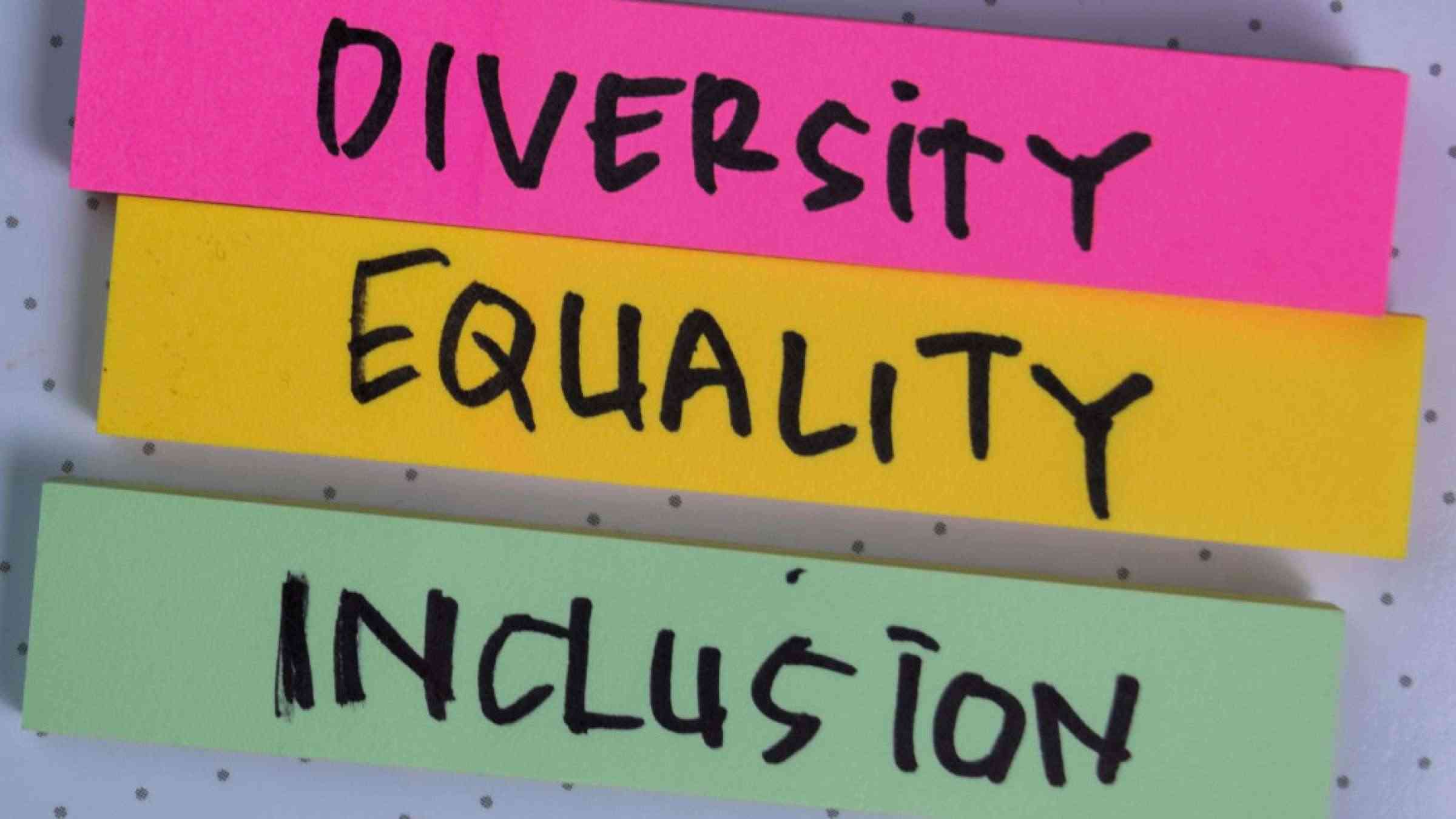
GOVERNMENT has joined hands with the International Labour Organisation (ILO) to promote gender equality and sustainable economic growth amid revelations that women participation in the economy has decreased due to unpaid domestic work, gender discrimination and limited entrepreneurial skills.
Other challenges faced by the women include restricted access to resources like finance and land, making it harder for them to fully engage in the economic sector.
Addressing a meeting discussing the National Broad-based Women Economic Empowerment Framework in Harare this week, Women Affairs, Community, Small, and Medium Enterprise Development minister Monica Mutsvangwa said the framework would guide the economic empowerment of women and ensure they have equal participation in all areas of the economy, which will help reduce inequality.
She said the need for a women’s empowerment framework was driven by the low levels of participation of women in economic activities and other areas.
The framework seeks to align women’s economic empowerment with national development strategies, including the National Development Strategy 1 (2021-2025), National Development Strategy 2 (2026-2030) and Vision 2030.
It also incorporates other regional and international strategies and focuses on helping women from all backgrounds, especially vulnerable groups, in every sector of the economy.
“Women should be equal partners in the development process. It is gratifying to note that during the tenure of the current framework, my ministry has made great strides in empowering women, particularly economically,” she said.
Mutsvangwa said the government had introduced capacity-building programmes, such as the Sustainable Enterprise Development for Women and Youth, aimed at addressing gender inequality and discrimination in society.
- Drama around Ndebele king making a mockery of the throne
- Umkhathi Theatre Works on King Lobengula’s play
- Street mural exposes Zim’s divided society
- Minister tips ICTs to drive economic recovery
Keep Reading
“The efforts of my ministry have had a significant positive impact, as seen by the increased number of women in traditionally male-dominated fields like mining, engineering, the armed forces, and leadership roles.
“More women are now involved in entrepreneurship, and about 60% of enterprises in Zimbabwe are owned by women. As we move forward, I encourage you to share your thoughts openly,” she said.










